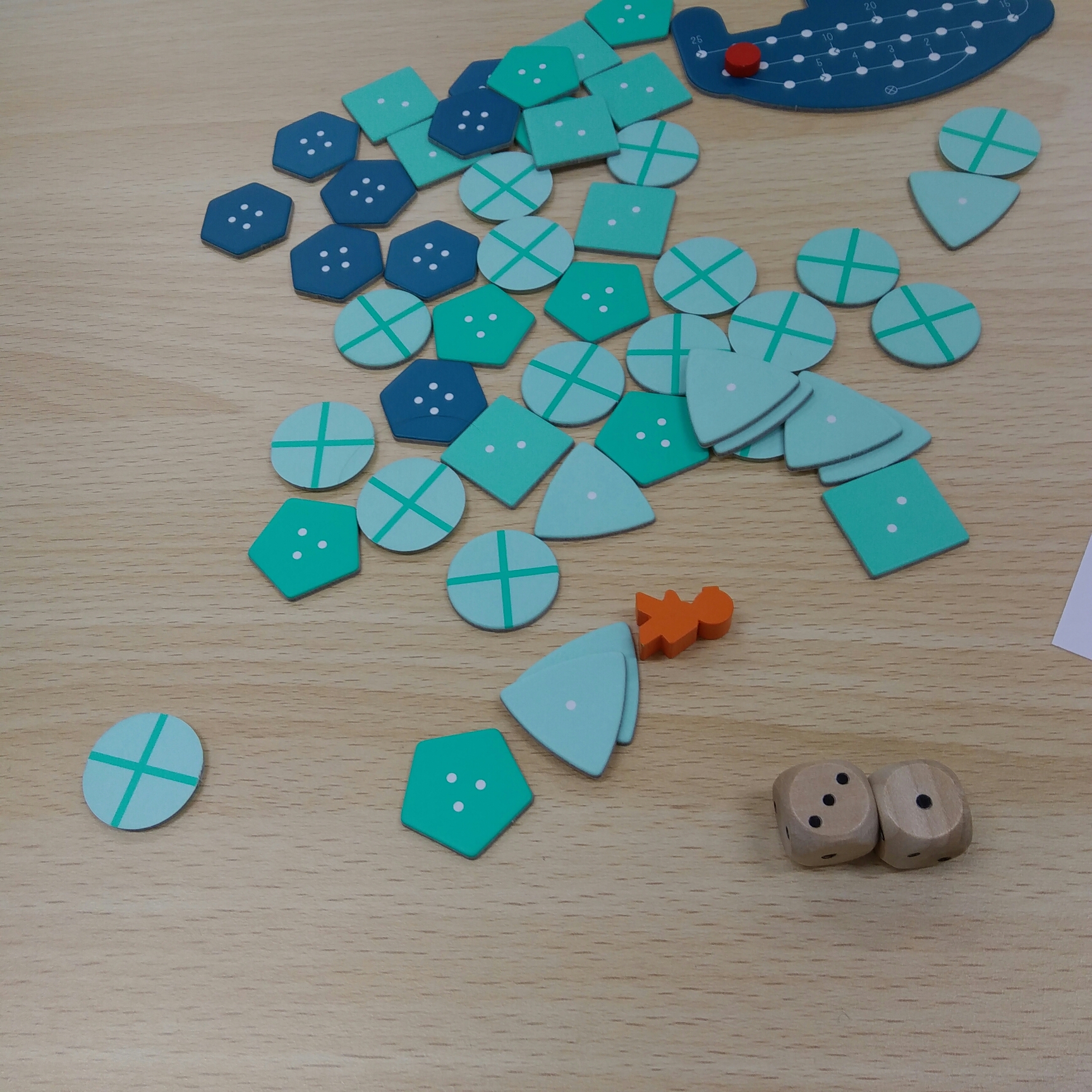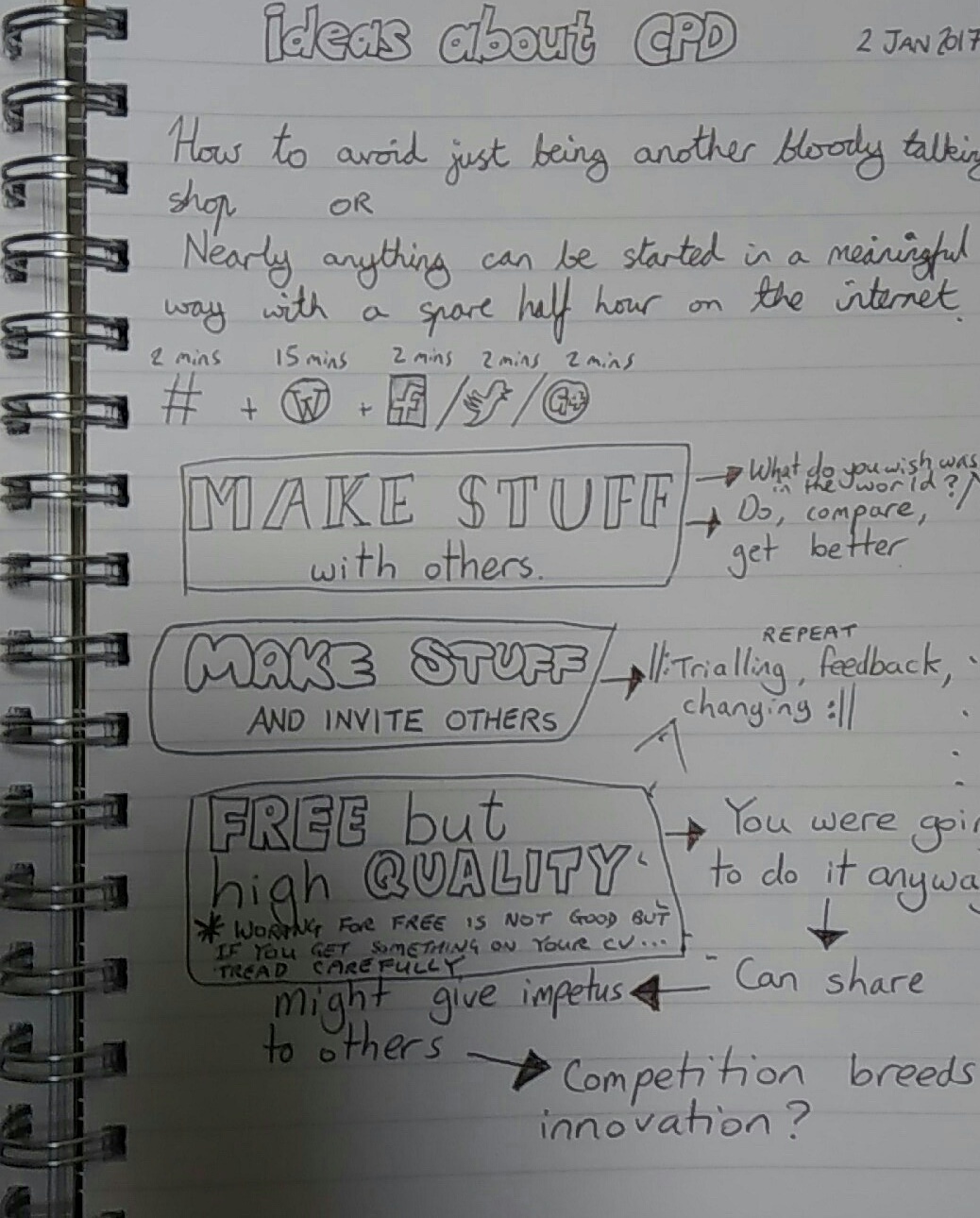Alright. In my curmudgeonly state (usual state), I wrote a post for the lovely Teachers as Workers website. You should join because we should look out for one another in this profession.
Here’s a post on Teacher Education/Training: You don’t need a CELTA, you need a pulse.
Month: January 2017
"Are you seriously going to do that?"

I’ve been experimenting with board games in the classroom, sometimes in a bit of an impromptu way.
“Seriously, Marc? Aren’t you anti-game?“
No, I’m not; I’m anti time wasting. I’m going to write a bit about things I’ve done with them below. Both, coincidentally, are by Oink Games. They are pocket sized, due to the boards being made up of chips. Both games require collaboration as well as competition, with shifts between both states.
Troll
This is a game of guessing card values and ‘betting’ on the value in order to gain treasure. It’s simple and addictive. The game works by guessing the value of a Troll card only one player has seen and as a group being lower (or not being the individual or one of a couple of individuals that takes the total over the Troll card value) in order to win gems.
I’ve played with children in small groups and in a big university class using teams, and this has tended to work well to encourage English use by penalising unnecessary Japanese use with a one-gem penalty. There’s a tendency to play risky but that’s the fun of the game. There’s negotiation among groups, as well as explanations of betting strategies.
Deep Sea Adventure
This is Troll with movement and is difficult to win points from without a bit of restraint and cooperation.
You go around the board as a diver collecting treasure but there’s an air ration, you only know the approximate value of the treasure and carrying it reduces your own movement and also reduces the air for everyone. Because of the game complexity, there is inbuilt need for communication, like “You can’t move five. You need to go back two because of your treasure.” or “you forgot to move the air meter.” My favourite utterances were a very ladylike “Oh, shit!” and “Are you seriously going to do that?”
Never mind a deep sea adventure, it’s a deep adventure into stuff students never say to one another.
Further reading
Rose Bard’s blog posts tagged with game-based learning.
Japan Game Lab
The Line Between Hare-Brained and Useful

I’ve had this post going on in my head for a while and probably the catalyst for getting it out of my head and into pixels is Sandy Millin’s Incomplete Thoughts post.
I was having a chat with a colleague yesterday and he said, “I don’t know where you get the time for all your ideas.”
“It’s a massive pain in the arse,” I replied, “because I can’t concentrate on other things when something pops up.”
I don’t know if this leads to a condition of not following things through properly, or even just dilettantism but a few things that have got me going all over the internet are:
Open Badges for Accreditation of Some Kind
This blog being about development (ostensibly, though probably more my own), actually having evidence-based accreditation for continuing professional development (CPD) would be a good thing in a landscape of expensive qualifications, cheap qualifications that mean nothing (20-hour internet TEFL courses) and absolutely nothing at all. ITDi provides this, with certificates available and whatnot, too. However, something that can also contribute to teacher-centred, teacher-led teacher development has bugged me for too long. Open Badges seem to sort if fill a gap in that people sit in webinars for certificates but there’s no real proof that they didn’t just leave the laptop on and play games on their phone. How about an open-peer-reviewed bit of writing that helps contribute to the community? Keep your eyes open at #TBLTChat.
Modular Materials
Again, with my Task-Based hat on (which is a beautiful purple crushed-velvet and Kevlar deerstalker), and my ‘I hate coursebooks‘ T-shirt on, how better to address a gap in materials availability than to actually get cracking and make some through refining them. Think less of a Minimum Viable Product than a ‘actually see if students react positively’ approach.
A Co-Op (ad)Venture
I am still investigating the possibility of sorting out a Tokyo/Kawasaki/Yokohama-based co-op of language teachers. Yes, inspired by Serveis Linguistics Barcelona. Viability? Time, Marc? It’s more the client liason that’s a problem but still something I’m looking into. Sometime in 2047.